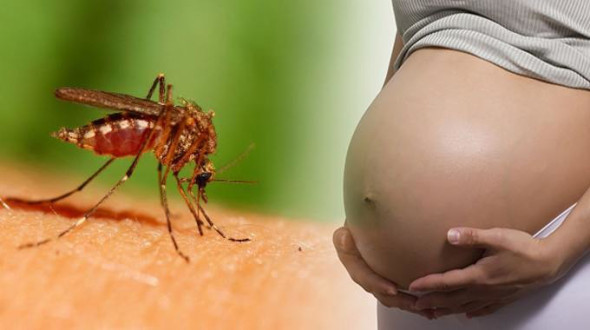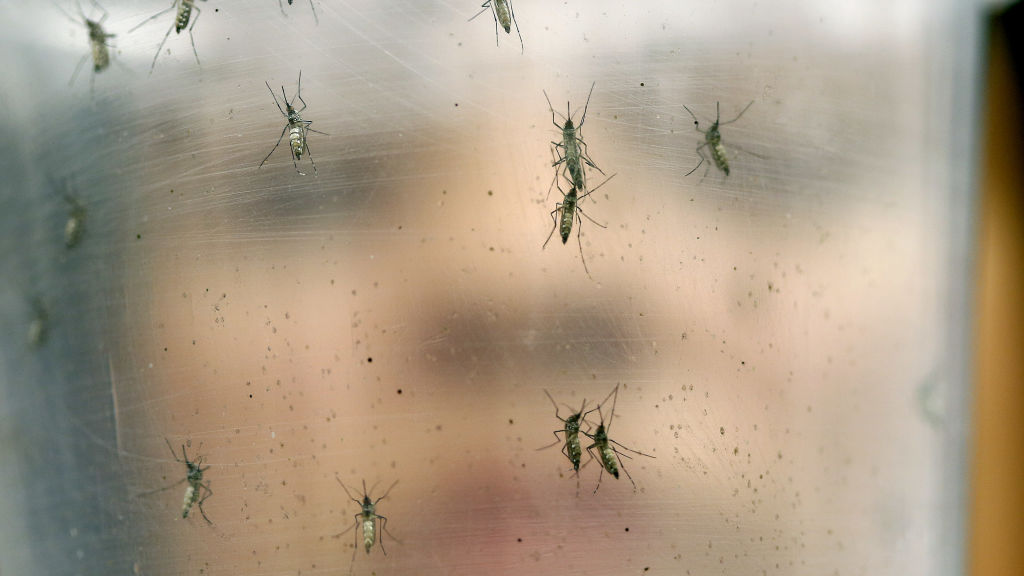
ZIKV, also known as Zika Virus, is a member of the virus family known as Flaviviridae. It is normally spread by mosquitoes that are daytime-active. It was found in the monkeys through a network which observed yellow fever. The name of this disease comes from the Zika Forest of Uganda; wherein the virus was first isolated in the year 1947. Zika virus is also linked to yellow fever, Japanese encephalitis, dengue and West Nile viruses. It was later found in humans in the year 1952 in Uganda and also in the United Republic of Tanzania. Since the 1950’s, it has been identified to occur within a narrow equatorial belt from Africa to Asia. From 1960’s to 1980’s, human infections were observed across Africa and Asia, mostly followed by mild illness. The first serious outbreak of disease made by Zika infection was reported from the Island of Yap in the year 2007. In July 2015 Brazil informed a link between Zika virus infection and the Guillain-Barré syndrome. Apart from that, in October 2015, Brazil also reported an association between the Zika virus infection and microcephaly. From 2007 to 2016, the virus spread towards the east, beyond the Pacific Ocean to the Americas, thus leading to the 2015–16 Zika virus epidemic.

The incubation period, which is the period from exposure to symptoms, of the Zika virus disease is not apparent but is supposed to be a few days. The signs are comparable to other arbovirus infections like the dengue, and combine fever, muscle and joint pain, skin rashes, conjunctivitis, muscle and joint pain, malaise, and headache. These symptoms are frequently mild and last for 2-7 days.

As per the systematic review of the literature up to 30 May 2016, WHO has determined that the Zika virus contamination during pregnancy is the main reason of congenital brain abnormalities, which also includes microcephaly; and that the Zika virus can trigger Guillain-Barré syndrome. Significant efforts are proceeding to investigate the link between Zika virus and a variety of neurological disorders, within a rigorous investigation framework.

When an infected mosquito from the Aedes genes bites a person, that is when the disease is primarily transmitted. Aedes mosquitoes normally bite during the daytime. The peak time would be early in the morning and late afternoon or evening. This is the same mosquito that transmits dengue, chikungunya and yellow fever. Other modes of transmission like the blood transfusion are being studied. Zika virus can be spread through sexual intercourse. This is a serious concern due to a link between Zika virus infection and adverse pregnancy and foetal outcomes.
The Zika virus infection may be suspected according to the symptoms and latest history of travel. A diagnosis of Zika virus infection can only be made sure through laboratory tests on blood or other body fluids, like urine, semen or saliva.

Zika virus is a disease which can cause dangerous birth defects in babies whose mums are infected while being pregnant, and it is now carried by mosquitos in the continental United States. More care should be taken by women who are pregnant and those women who intend to conceive soon.
The CDC experts, during mid- 2016, confirmed that Zika could cause microcephaly and other dangerous neurological defects in the babies, which includes hearing loss, eye problems and impaired growth. This is mainly because when an expectant woman becomes infected with Zika virus, the virus will also be able to infect the foetus. Microcephaly is a neurological condition wherein the babies are born with small heads and in some cases with small brains. Babies whose mums are infected with Zika during pregnancy have an elevated risk. Many women infected during this outbreak have delivered apparently healthy babies.
One of the best ways is to protect yourself from mosquito bites since there is no Zika vaccine nor any medication so as to protect the foetus if you get bitten by a mosquito with Zika.
You can apply mosquito repellent every day as and when you go outside.
Try to wear permethrin-treated socks, pants and long sleeves. You can either purchase them with permethrin or even treat them yourself.
Make sure that you stay inside your house during peak mosquito hours (which will be between sunrise and sunset)
You can sleep in screened-in rooms or air-conditioned rooms with closed windows.
Stay on top of CDC travel alerts and do not visit countries with active. If you live a place with active Zika, then you need to talk to your doctor about how to protect yourself.

The CDC suggests that the doctors test pregnant women for Zika virus for up to 14 days after the symptom onset in or 14 days after possible exposure if they’re asymptomatic. Your healthcare provider will consider administering an amniocentesis so as to check your baby for Zika infection. You may also get ultrasounds every three or four weeks for the rest of your pregnancy to check for symptoms of microcephaly and unusual calcium deposits in the skull. If there are no signs found, you won’t require any more testing. And henceforth, you will receive the regular prenatal care.
It is the most powerful creation to have life growing inside of you.There is no bigger gift